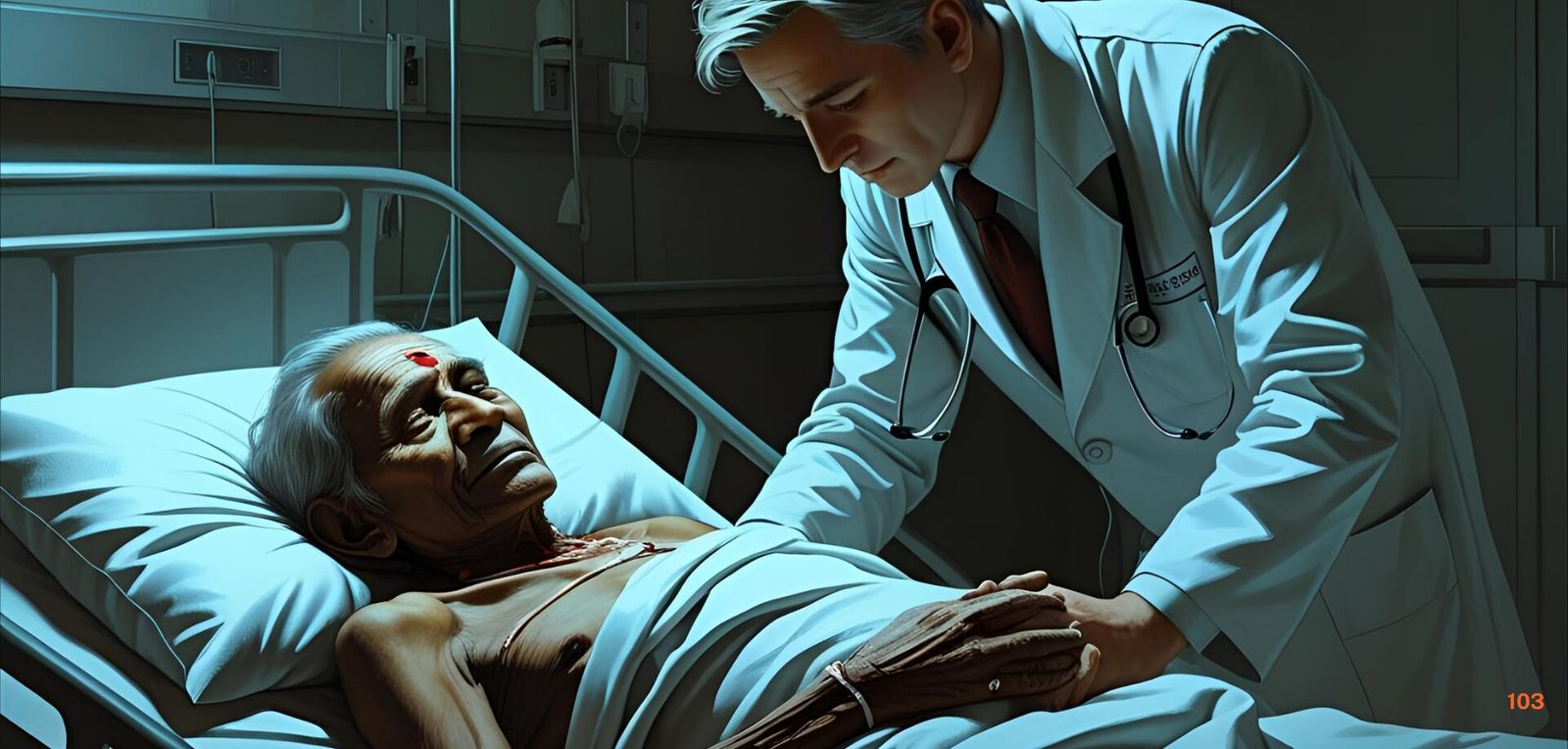
Dignity, Not Death: A Hindu Stand Against the Right to Die
Nawal Prinja
From a Hindu perspective, the proposed right to die; legislation in the UK raises
profound ethical and spiritual concerns. Central to Hindu philosophy is the belief in
the eternal atma—the soul—which is not extinguished at death but continues its
journey through the cycle of birth and rebirth (samsara), shaped by the Law of
Karma. To prematurely end a life, even with consent, risks disrupting this sacred
journey and interfering with karmic consequences that are not fully understood in the
moment of suffering.
Moreover, every living being is seen as a manifestation of Brahman, the divine
essence. To treat life as disposable undermines the sacred duty (dharma) to honour
and protect that divine spark, especially in moments of vulnerability. Rather than
legalising assisted dying, a more compassionate and dharmic response would be to
invest in high-quality palliative care—ensuring that those facing terminal illness are
supported with dignity, comfort, and spiritual care.
The current legal framework already allows for the refusal of extraordinary treatment
and the use of pain relief, which respects both patient autonomy and the sanctity of
life. What is needed is not a change in law, but a change in priorities: more funding,
training, and resources for end-of-life care that aligns with the deepest values of
compassion and reverence for life. In this way, society can uphold both ethical
integrity and spiritual wisdom.
This bill isn’t about easing suffering—it’s about easing budgets. Real compassion
doesn’t come from giving ‘right to die’, but from investing in the technology, love, and
care that can truly cradle a person through their final days. When we have the
means to comfort, choosing to end life is not mercy—it’s abandonment and
unethical.






